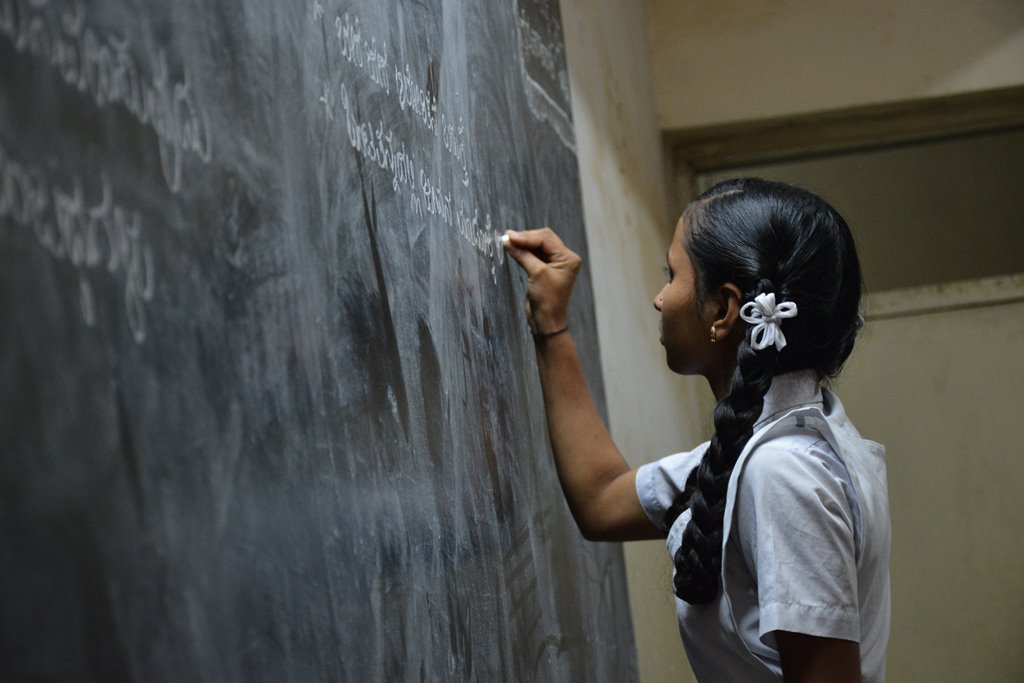The draft of New Education Policy (NEP) for India was submitted in May 2019. On Thursday, Mr. Venkaiah Naidu, the Vice President of India, opined that the policy once implemented will catapult India to be a global education hub.
The draft of the policy has been in the eye of the storm right from the public release. It started with the recommendation that Hindi should be made a mandatory subject at schools in India. This irked many of the opinion leaders and the politicians of the south of India.
Controversies aside, Mr. Naidu firmly believes that the “holistic and value-based education,” which is the foundation of the NEP is exactly what an emerging nation like India needs.
He added that he has always been a strong advocate for the need to revamp the existing educational system with a view to making Indian Universities at par with their international peers and also make India a global education hub.
The government is seeking suggestions for improvements to the policy, and the last date for the public to send in their opinions is August 15, 2019.
Getting the basics right before India becomes a global education hub.
The primary focus of Indian education policy since Independence has been on higher education. Somewhere down the line, the best-laid plans of the government which aimed to provide free and high-quality education to all children lost its way in execution.
The Kasturirangan Committee that drafted the NEP observed that early childhood education no longer meets the developmental needs of children. The pedagogy is outdated, and there is a severe shortage of trained staff.
For children from the ages of three to eight, a “discovery-based learning” methodology is recommended.
While the aspirations are noble, the idea of India becoming a global education hub will be a reality if the government machinery succeeds in ensuring that the reforms reach the remotest corners of India.







